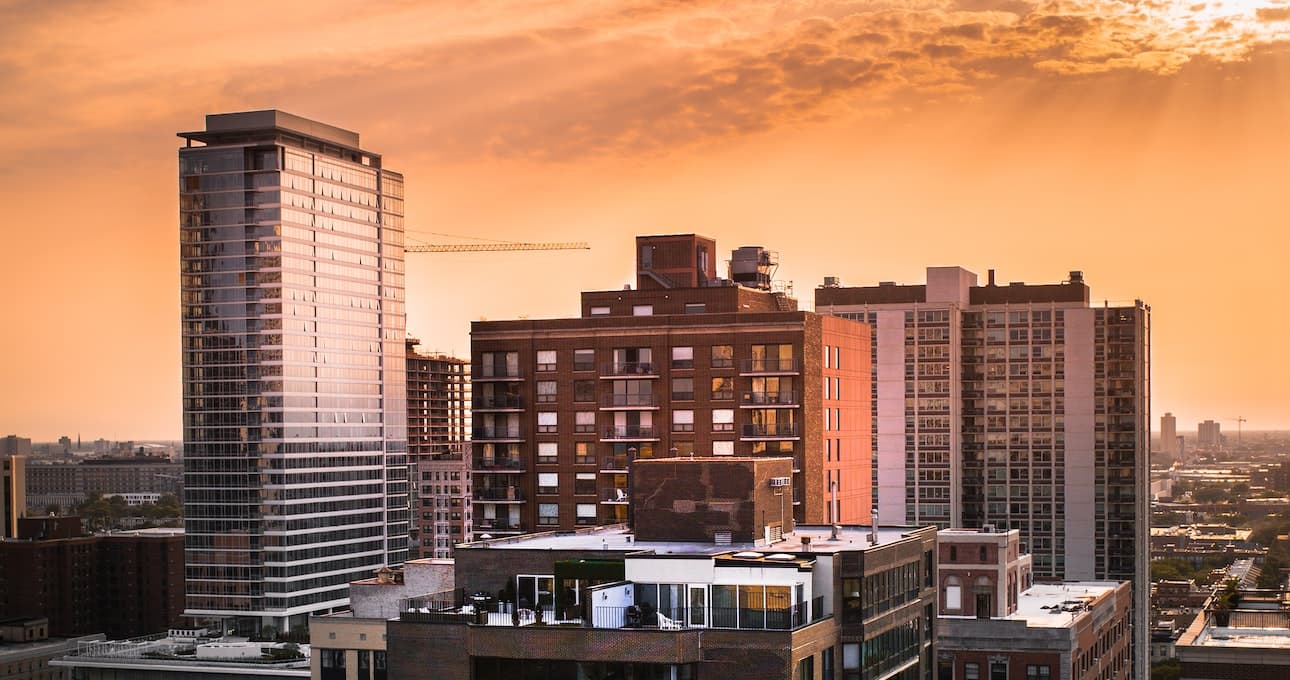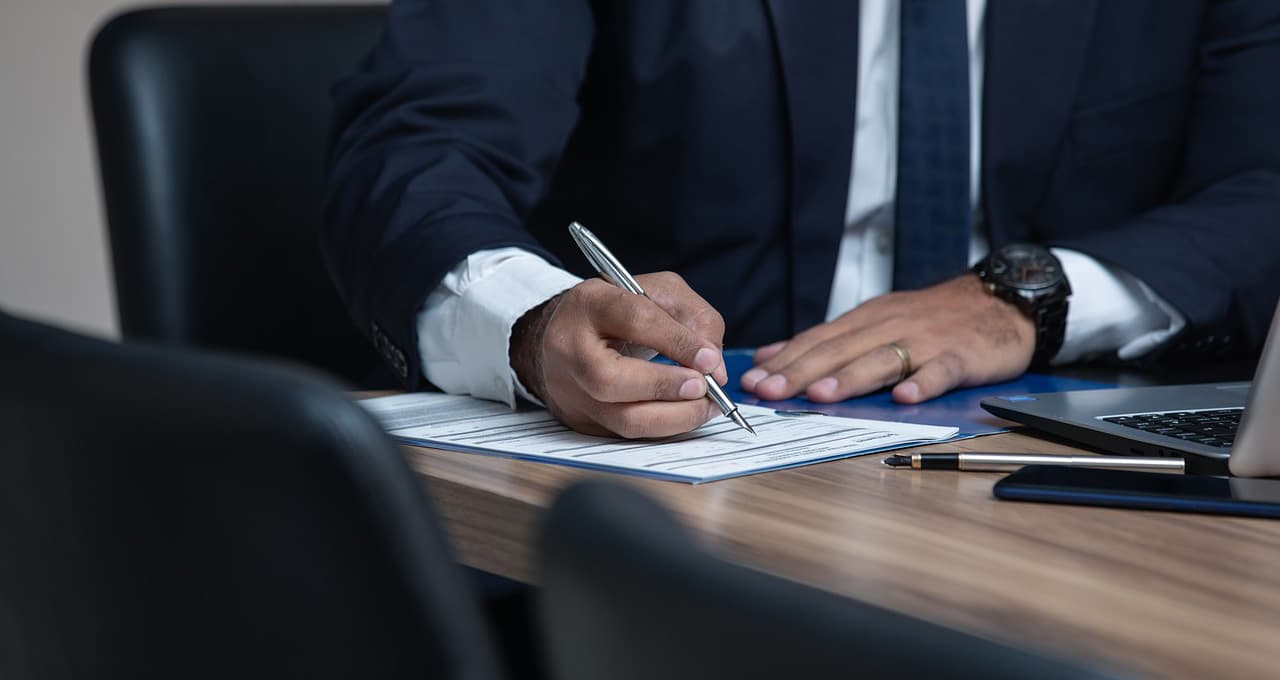- info@colombialawconnection.com
- +57 321 864 2275
Types of Lawsuits in Colombia
When filing a lawsuit in Colombia, it's essential to understand the key distinction between civil and criminal lawsuits, as each follows a different legal process and requires tailored representation.
- Civil Lawsuits in Colombia: Civil lawsuits involve disputes between individuals or organizations over matters such as contracts, property, family law, and personal injury. These cases aim to enforce rights or obtain compensation. With the support of an experienced attorney in Colombia, you can navigate civil litigation with clarity and confidence, ensuring your interests are fully protected.
- Criminal Lawsuits in Colombia: Criminal lawsuits are initiated by the state against individuals or entities accused of breaking the law. Offenses can range from minor infractions to serious crimes like theft, assault, or drug-related charges. If you're facing criminal accusations, our lawyers in Colombia offer skilled defense strategies to safeguard your rights at every stage.
As you engage with the Colombian legal system, having a bilingual legal team that understands both local laws and international concerns is key. At Colombia Law Connection, we provide personalized legal support for both civil and criminal matters, helping foreign clients achieve fair and efficient resolutions.
Requirements and Steps to File a Lawsuit in Colombia
When filing a lawsuit in Colombia, understanding the procedural and legal requirements is important to building a solid case. Below are the key steps and conditions to initiate a civil lawsuit with the support of a qualified attorney in Colombia.
1. Legal Standing (Legitimación en la causa)
To initiate a civil lawsuit, you must demonstrate legal standing, meaning a direct and legitimate interest in the dispute. This requirement ensures that only individuals or entities affected by the issue can bring a case before a Colombian court. Whether you are the injured party, a business partner, or a relative with rights at stake, our lawyers in Colombia can assess your eligibility and provide the legal basis to support your claim.
2. Drafting and Filing the Complaint (Demanda)
To begin the process of filing a lawsuit in Colombia, you must prepare a formal written complaint (demanda) that outlines the full details of your case. This document should include a clear statement of the facts and circumstances that gave rise to the dispute, a precise explanation of your legal claims, the remedies or compensation you are seeking from the court, and the complete identification of both the plaintiff (you) and the defendant.
3. Jurisdiction and Competence
Choosing the correct court (jurisdicción y competencia) is crucial for your case to proceed. Jurisdiction is typically based on the defendant's location or where the dispute took place. Filing in the wrong jurisdiction may cause delays or dismissal.
4. Hiring Legal Representation
Although self-representation is legally allowed, the Colombian legal system is complex and often requires expert handling. Working with a lawyer in Colombia ensures that your case is managed according to local procedures, from filing to appeals. Our bilingual legal team guides foreign clients at every stage, offering clarity and strategic advice throughout the process.
5. Court Fees and Filing Costs
Filing a civil lawsuit involves certain fees, which vary depending on the nature and value of your claim. These fees must be paid to the court before your case can move forward. Your attorney in Colombia will help you understand the cost structure and ensure timely payments to avoid unnecessary delays.
6. Service of Process (Notificación Judicial)
Once the complaint is filed, it must be officially served to the defendant. This step ensures that the opposing party is aware of the legal action and has the opportunity to respond. In Colombia, service can be completed via certified mail, personal delivery, or court-authorized methods.
7. Defendant's Response and Counterclaims
After receiving the complaint, the defendant must respond within a legally established time frame. They may admit or deny the claims, present defenses, or file a counterclaim. A skilled attorney Colombia will prepare for all possible responses and guide you through any additional legal strategies needed to counter opposition.
8. Discovery and Collection of Evidence
During this phase of filing a lawsuit in Colombia, both parties have the opportunity to collect and present evidence to support their arguments. This may involve contracts or written communications, expert reports, and witness testimony. All evidence must be submitted following formal court procedures to ensure its validity. Building a strong evidentiary foundation is essential to strengthening your position before the Colombian court.
9. Hearings and Trial Before a Colombian Court
The court may schedule hearings to address procedural matters or may proceed to a trial if the parties cannot reach a settlement. During the trial, both sides present their arguments and evidence, and a judge will make a decision based on the merits of the case.
Appeals Process
If either party believes that errors occurred during trial, they may file an appeal to a higher court. Experienced attorneys in Colombia can evaluate whether an appeal is justified and handle the submission of appeal briefs and oral arguments before appellate courts.
Filing a lawsuit in Colombia requires a detailed understanding of legal protocols and procedures. At Colombia Law Connection, our bilingual lawyers in Colombia are committed to providing strategic legal support for international clients seeking justice in Colombian courts.
Filing a Criminal Lawsuit in Colombia: Legal Process Explained
When filing a lawsuit in Colombia for a criminal matter, the procedure differs significantly from civil cases. Criminal lawsuits are led by the Fiscalía General de la Nación (Prosecutor's Office) and focus on holding individuals accountable for violations of criminal law. Below are the key steps that define this process:
- Filing a Criminal Complaint (Denuncia): The process typically begins with a criminal report filed by the victim, a witness, or even a third party. This complaint must detail the alleged crime, identify the accused party, and provide any supporting evidence available.
- Initial Assessment and Investigation: The Prosecutor's Office evaluates the complaint to determine if there's enough merit to initiate an official investigation. They may gather further evidence, question witnesses, and examine the facts before proceeding.
- Identifying the Defendant: For the case to advance, authorities must identify and locate the accused party. Criminal charges cannot proceed without a clearly named and reachable defendant.
- Jurisdiction: As with civil matters, jurisdiction is determined by the location of the alleged offense or the residence of the defendant. The case must be filed in the appropriate Colombian court (corte).
- Prosecution by the State: Unlike civil lawsuits, where private parties take the lead, criminal cases in Colombia are prosecuted by the state. The prosecutor represents the public interest and leads the charge against the defendant in court.
- Arrest Warrant or Summons: Depending on the severity of the crime and available evidence, the prosecutor may request a judge to issue an arrest warrant or a court summons. The defendant is either detained or notified to appear on a scheduled date.
- Legal Representation for the Defendant: All defendants have the right to legal counsel. If they cannot afford a private attorney in Colombia, the state will appoint a public defender to ensure fair representation during the proceedings.
- Trial Proceedings: If the prosecutor deems the evidence sufficient, the case proceeds to trial. The prosecution and the defense present arguments, submit evidence, and call witnesses. The aim is to establish guilt or innocence beyond a reasonable doubt.
- Verdict and Sentencing: A judge (or jury, in limited cases) delivers a verdict. If the defendant is found guilty, the court will impose a sentence based on the nature of the offense and applicable Colombian laws.
- Appeals Process: Both parties, the prosecution or the defense, may appeal the verdict if they believe there were procedural errors or legal violations during the trial.
- Execution of Sentence: If the defendant is convicted, the sentence is executed according to Colombian law. This could include imprisonment, fines, or alternative penalties depending on the case.
How to Take Legal Action for the Theft of Money by a Romantic Partner
If a romantic partner has stolen money from you, filing a lawsuit in Colombia is possible through criminal and civil legal channels. Here's how the process typically unfolds, and what steps you should take to protect your rights and recover the stolen funds:
1. Gather Evidence:
Start by collecting all relevant proof: bank statements, transaction records, messages, emails, or any documentation showing the theft and the relationship between you and the accused.
2. Report the Theft to the Police:
You must file a police report at the station where the incident occurred or where the accused resides. Provide a full description of the theft, including dates, amounts, and any supporting documents. The police will then initiate a preliminary investigation.
3. Criminal Complaint and Prosecutor's Investigation:
If the police investigation yields sufficient evidence, the prosecutor's office (Fiscalía General de la Nación) may take over the case and file criminal charges against the alleged thief. The prosecutor will investigate further and may interview you and any witnesses to build a case against the suspect.
4. Legal Representation:
While the state prosecutes the crime, you may choose to be represented by a private attorney in Colombia to ensure your interests are actively defended. This is especially important if you wish to participate as a victim during trial proceedings.
5. Criminal Trial:
If the case goes to trial, both the prosecution and the defense will present their arguments, evidence, and witnesses. A judge will determine whether the defendant is guilty beyond a reasonable doubt.
6. Restitution Order:
If the defendant is found guilty, the court may order them to pay restitution to compensate you for the stolen funds. Restitution is a court-ordered repayment of the stolen amount to the victim.
7. Optional Civil Lawsuit:
In addition to the criminal process, you may also consider filing a civil lawsuit in Colombia against the individual to claim additional damages (e.g., emotional distress), financial loss beyond the stolen amount and legal fees and other related expenses.
In this case, you would be the plaintiff, and your lawyer in Colombia would initiate proceedings in a civil court, separate from the criminal case.
It's essential to consult with a qualified Colombian attorney such as Colombia Law Connection who specializes in criminal law and civil litigation to guide you through the legal process. We can help you navigate the complexities of the legal system, ensure your rights are protected, and maximize your chances of recovering the stolen money.
Foreigners' Rights When Filing a Lawsuit in Colombia
If you are a foreigner in Colombia, you have the right to initiate both civil and criminal legal proceedings in Colombia. The country's legal system grants foreigners similar protections and responsibilities as citizens when it comes to filing a lawsuit in Colombia. However, there are specific considerations to keep in mind to ensure your rights are fully exercised:
Civil Lawsuits as a Foreigner
- Legal Standing: Foreigners have the right to file a civil lawsuit in Colombia as long as they can demonstrate legal standing—that is, a direct and legitimate interest in the dispute.
- Legal Representation: While self-representation is legally possible, working with a qualified attorney in Colombia is strongly advised. Legal professionals can help you understand local procedures, language nuances, and court expectations.
- Jurisdiction: As a foreigner, you may file in the same courts as citizens, depending on the location of the dispute, the defendant's residence, or the site of the contested property or contract.
- Court Fees: Foreign plaintiffs are subject to the same filing fees and court costs as Colombians. The amount will vary depending on the nature and value of the claim.
- Access to Evidence: You have the right to collect and submit evidence in accordance with Colombian legal standards, with the support of your lawyer in Colombia.
Criminal Lawsuits as a Foreigner
- Right to Report a Crime: Foreigners can report crimes to local police or judicial authorities. Whether you're a victim or a witness, your report can initiate an investigation that leads to filing a lawsuit in Colombia on criminal grounds.
- Participation in Legal Proceedings: You can participate in criminal trials as a victim or witness, and you may be called upon to provide testimony or submit evidence.
- Legal Representation: If you're involved in a criminal case, you are entitled to private counsel or, if needed, a public defender. Hiring an experienced lawyer in Colombia ensures that your interests are well protected.
- Language Assistance: If you do not speak Spanish fluently, you are entitled to request a translator or interpreter during legal proceedings. This guarantees your right to understand and participate in the case fully.
- Appeals and Legal Remedies: Just like Colombian citizens, you have the right to appeal judgments if you believe there has been a procedural error or legal misjudgment.
While your rights as a foreigner are protected under Colombian law, filing a lawsuit in Colombia can be procedurally complex and often requires deep knowledge of civil or criminal procedure. At Colombia Law Connection, our bilingual lawyers in Colombia are experienced in guiding international clients through every step of the legal process. We ensure your rights are respected and your case is handled with professionalism, transparency, and care.
Legalizing Documents for Use in Colombia from Abroad
If you are living outside Colombia and need to legalize documents for use within the country, it is essential to follow the correct procedures to ensure your documents are properly apostilled or legalized. This step is crucial for various applications, including immigration to Colombia, business formation, and other legal processes under Colombian nationality law.
Steps to Legalize Documents for Use in Colombia
1. Visit a Colombian Embassy or Consulate
Contact the nearest Colombian embassy or consulate for assistance with the legalization or apostille process.
These offices can guide you on how to prepare and submit your documents in compliance with Colombian regulations.
2. Use Colombia's Official Government Portal
If your country does not have a Colombian consular presence, visit the official government portal at www.gov.co.
This resource provides detailed instructions for document legalization and apostille, ensuring your documents meet Colombian citizenship and legal requirements.
3. Ensure Documents Meet Colombian Standards
Documents must be properly apostilled or legalized according to Colombian law to be recognized for official use.
Common documents requiring legalization include birth certificates, marriage certificates, academic records, and financial statements.
United States - Embassy in Washington, D.C.
Website: https://estadosunidos.embajada.gov.co/
Phone: +1 202 387 8338
United Kingdom - Embassy in London
Website: https://reinounido.embajada.gov.co/
Phone: +44 20 7589 9177
Ready to Start Filing a Lawsuit in Colombia?
Whether you're pursuing a civil claim or responding to a criminal case, having trusted legal support is necessary. At Colombia Law Connection, we help foreigners navigate every step of filing a lawsuit in Colombia with confidence and clarity.
Contact Us!We are here to help
Frequently Asked Questions About Filing a Lawsuit in Colombia
? Do I need to be a Colombian citizen to file a lawsuit in Colombia?
? Can I file a lawsuit in Colombia if I don’t speak Spanish?
? How long does the legal process take when filing a lawsuit in Colombia?
? Can I file both a civil and criminal lawsuit for the same situation?
? What court handles civil lawsuits in Colombia?
? How do I find a qualified lawyer to help me file a lawsuit in Colombia?
Expert Legal Services
+57 321 864 2275
Call us now
All calls are kept strictly confidential






